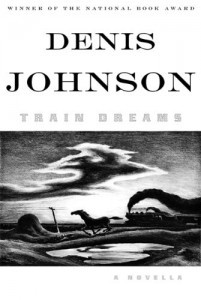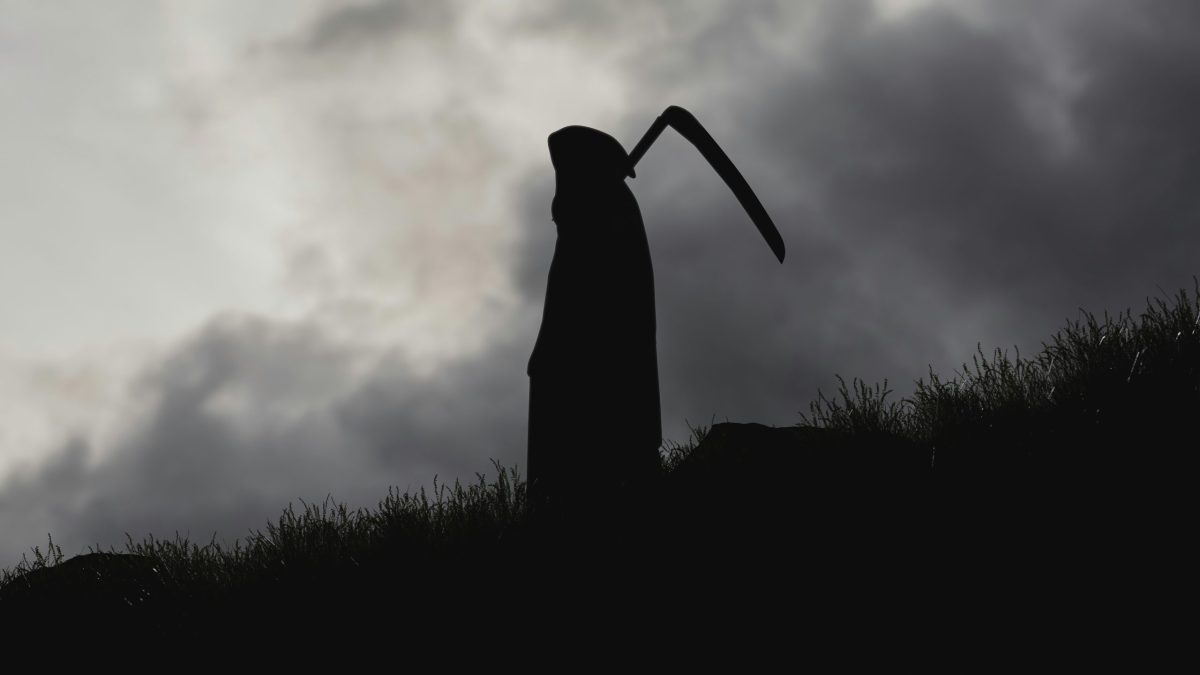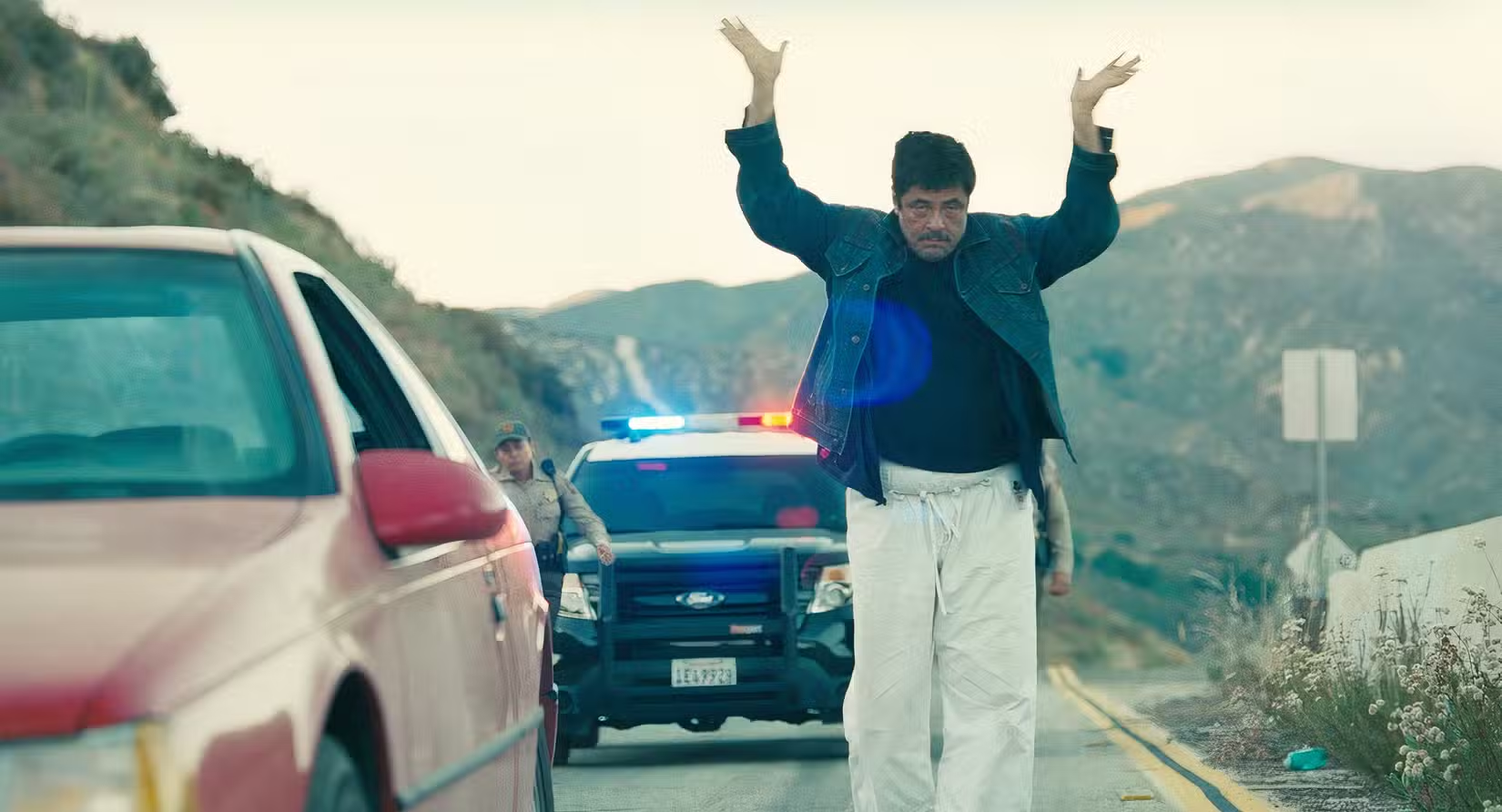Books & Culture
REVIEW: Train Dreams by Denis Johnson

Train Dreams
Denis Johnson
Farrar, Straus and Giroux
128 pp / $18
According to the jacket copy of my edition of Train Dreams, Denis Johnson’s book “captures the disappearance of a distinctly American way of life.” That’s true, but the lost era this novella mourns isn’t the frontier life of our hero, Robert Grainier, in the early twentieth century. It’s 2006, or maybe 1998 or 1981, when we still believed in cowboys (and even called one President).
Train Dreams is a gorgeous, rich book about the classic American myth, but written for a country that’s lost faith in its own mythology. It’s a portrait of the West when we were rich, cocky, and our destiny had manifested, but told through the eyes of Grainier, who is humble, ungreedy, and unsure of himself. The first time he kisses any woman is the day he proposes to his wife. When he becomes a capitalist, it’s the result of an act of charity. He’s not John Wayne or even John Grady Cole; while capable, he’s not the kind of goal-oriented man we’re used to seeing out West.
He isn’t even a cowboy; he’s a train worker, and a conflicted one at that. Here he is, watching the first trip of a train crossing a 60-foot-deep gorge on a bridge he’s helped build:
The men cheered and whooped. Grainier felt sad. He couldn’t think why. He cheered and hollered, too. The structure would be called Eleven-Mile Cutoff Bridge because it eliminated a long curve around the gorge and through an adjacent pass and saved the Spokane International’s having to look after that eleven-mile stretch of rail and ties.
Johnson won the National Book Award for the amazing novel Tree of Smoke, another rejuvenating retelling of a well-worn American myth. That book had a healthy dose of international spy thriller; as Jim Lewis said in The New York Times, the book “starts out like a good novel by someone else, and by the time you realize how demanding it’s become, it’s too late.”
Train Dreams draws a little bit on genre, but it’s not sneaking in anything demanding. At barely over 100 pages, you can afford to read it slowly, enjoying the gorgeous, small, weird scenes, Johnson’s hallmark as an excellent short-story writer. Linger with Grainier when he sees the world’s fattest man in a carnival side-show, and then spots Elvis Presley on a broken-down train; it’s a conflation of freak show and train travel that reappears in the novella, and it’s worth reading twice.
The train itself is an interesting central anchor for a book about being disappointed with progress. The train was both the realization and the destruction of the pioneer dream. It was the engine that brought us to the Pacific en masse. But when you can get there in three days in a dress, what’s the point?
But more than trains, the book is anchored by dogs, another symbol of the wilderness we tamed. This is not a spoiler: Knowing to watch for dogs in the beginning will greatly increase your enjoyment of the end, when a dog and a train become one in an incredible moment in another circus freak show.

We meet Grainier as a hermit in the rich America of 1917; when we last see him, at that freak show in the end, it’s deep into the Great Depression, when desperation wasn’t even novelty any more. The country has changed, and yet it seems Grainier has been preparing for the Depression for years.
Our own economic troubles have long lost their novelty. Our space program, the old symbol of American chutzpah, is cancelled; for a while this summer, we even stopped funding the Federal Aviation Administration. Yet when Irene threatened, many of us decided that a 24-pack of beer is a good stockpile against disaster. Train Dreams, luscious with grief, regret, and lowered expectations, is a lesson in end-of-the-frontier humility for a country anticipating apocalypse.
***
— K. Reed Petty is a writer from maryland. You can follow her on twitter @pettykate.









